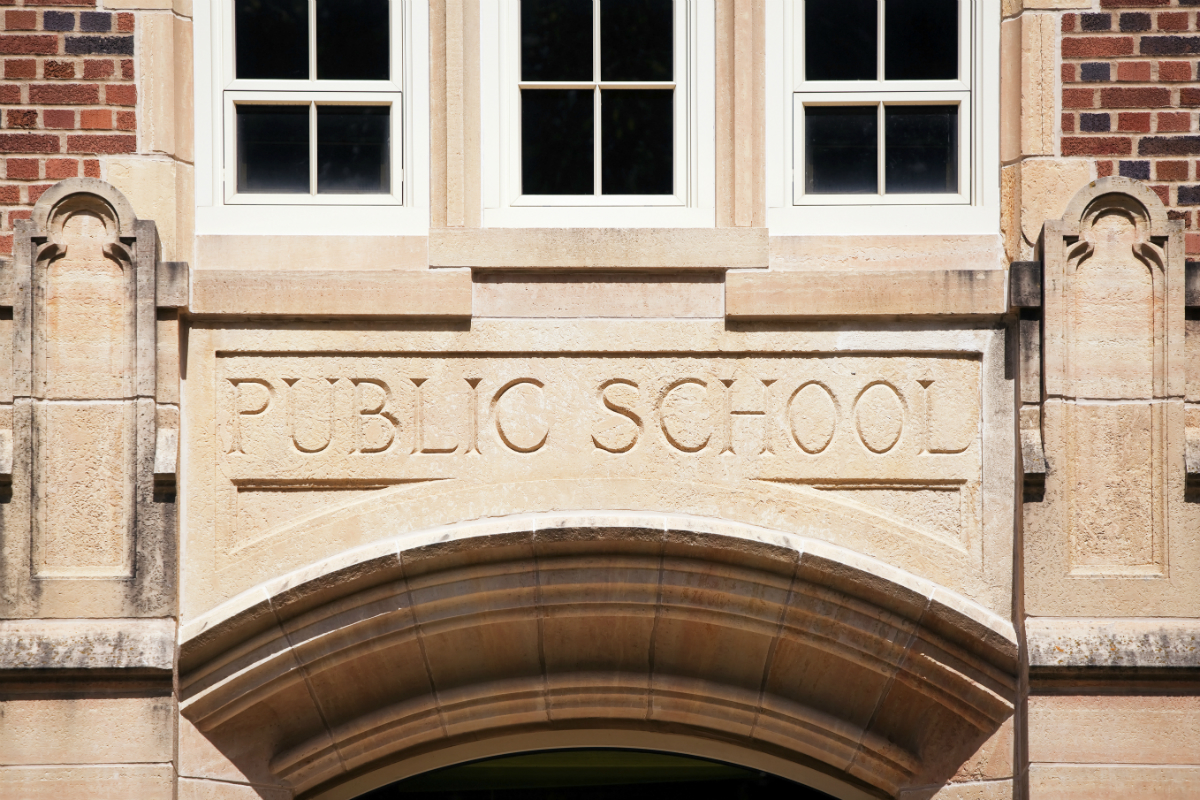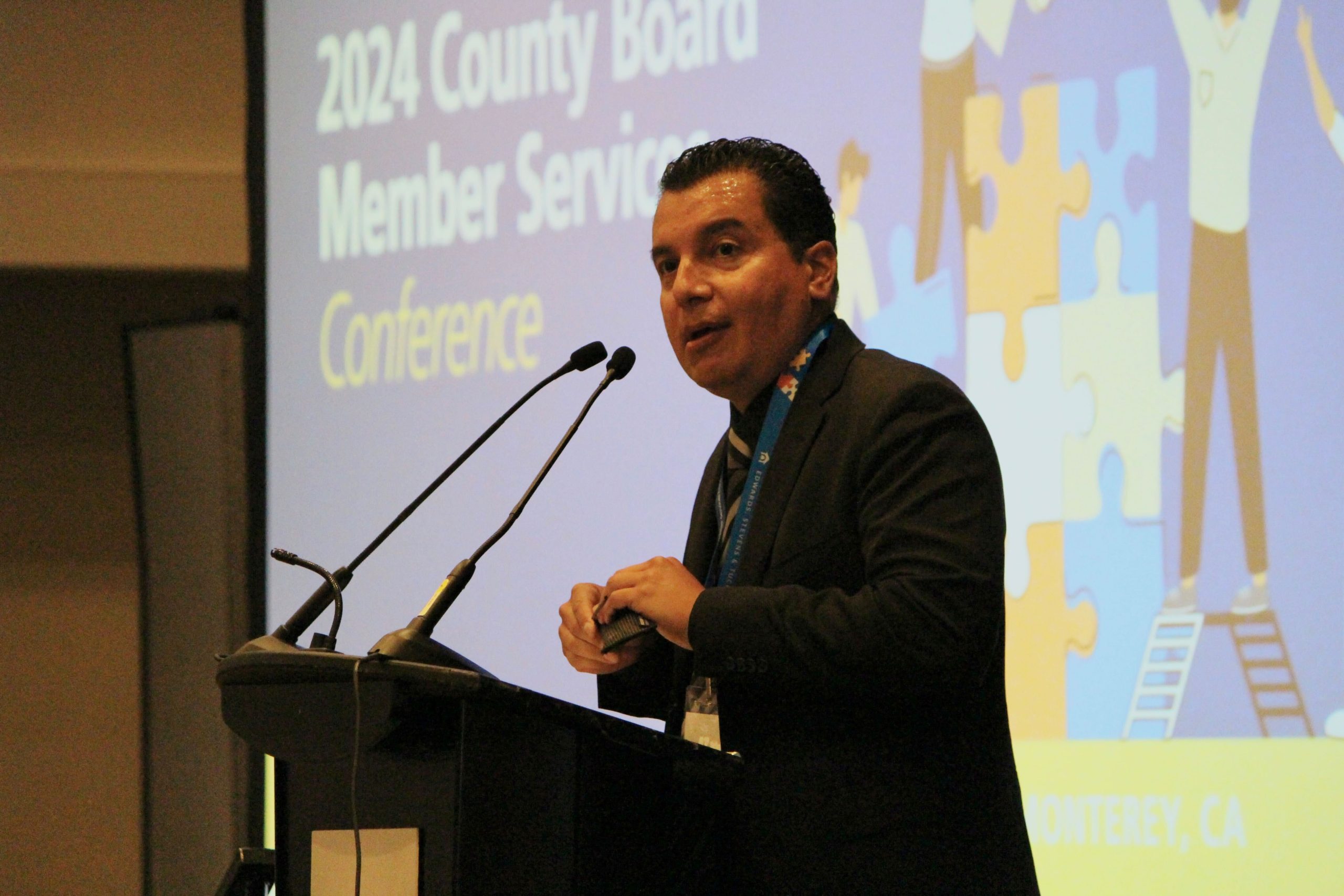We cling to the last days of summer, but the passage of time is relentless and unsentimental. Vacation has already ended for some school districts and county offices of education; others will open their doors in the coming weeks. This is a critical time as children transition back to the schedules and rigors of school life. Educators have to be ready to welcome students from day one, and we must also keep that same energy and engage all students — especially those in need of the most help — throughout the year.
The subject of supporting hard-to-reach students has weighed on my mind since I read The Effect of School Discipline on Offending across Time, a study led by Bowling Green University sociology professor Thomas Mowen. Mowen and his co-authors found that out-of-school suspensions increase the likelihood that the suspended students would commit another infraction or crime and that the subsequent offense would be more severe. In effect, rather than serving as a deterrent, suspensions were increasing the prospect of bad behavior and propelling students toward more serious transgressions. The study concluded that, “Despite some limitations, findings from this study demonstrate that school discipline can serve as an important turning point during adolescence … and can present a cumulative effect that substantially amplifies deviance as youth move through adolescence and into emerging adulthood.”
Mowen’s team came to this conclusion after using federal longitudinal data to track more than 6,800 students and examine the relationship between school punishment and the frequency and severity of transgressive behavior following that punishment. They found that each time a student was suspended, their connection to school diminished and they were more likely to take refuge in negative behaviors and to embrace peers who were engaged in similar offenses. The authors also noted that, “studies have shown that Black and Hispanic youth are far more likely to receive suspensions than their White counterparts,” suggesting that “the effects of punitive school discipline may exacerbate differences in offending across racial/ethnic groups over time.” I have been advocating for this issue for years, and in 2016, as the chair of the National Black Council of the National School Boards Association, I helped to develop a paper on reducing expulsions and suspensions, with a focus on African American youth.
The findings in the study reinforce the importance of proportionate discipline and the need to combat implicit bias as we work to educate all students and eradicate inequity in our schools. It’s also why I’m pleased that, following some key amendments, CSBA has adopted a support position on Senate Bill 419 (Skinner, D-Berkeley). SB 419 eliminates willful defiance as a cause for suspension in elementary schools and, during a trial period from July 2020 to July 2024, bans willful defiance as a reason for suspension in middle schools as well.
There are certainly times when suspensions are necessary to preserve positive school culture, but as we welcome our students back to school, we must make sure that suspensions are not a default measure or a substitute for the hard work of relationship-building and providing the supports and interventions needed for all students to thrive.





